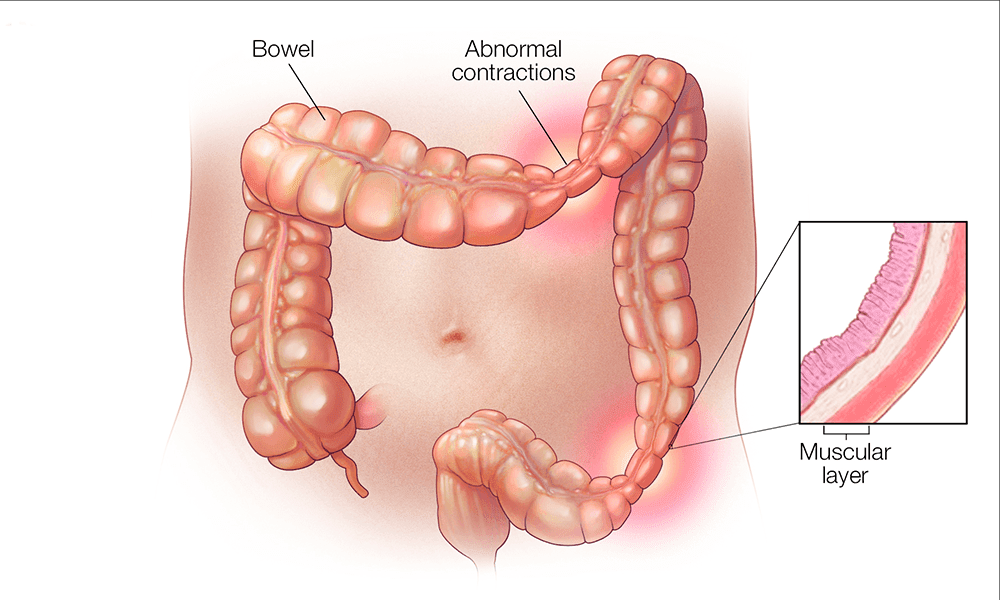Irritable Bowel Syndrome (IBS) is a condition that causes abdominal pain and diarrhea. It’s estimated that up to 10% of the population may experience IBS at some point in their lives. If you’re one of these people, you know that it can be really difficult to live with IBS. You may feel like you can’t eat anything without feeling sick afterwards, or you may have to take multiple medications to control your symptoms. Fortunately, there are ways to manage Irritable Bowel Syndrome IBS and improve your quality of life. In this blog post, we will discuss six diet tips for dealing with IBS. Armed with this information, you can start making significant improvements in your symptoms and overall health.
Understand the Causes of IBS
Irritable bowel syndrome (IBS) is a common disorder that affects the digestive system. The causes of IBS are unknown, but it is believed to be caused by a combination of environmental and genetic factors.
Some people with IBS may have a sensitivity to certain foods or ingredients. Other people with IBS may experience pain, bloating, diarrhea, or constipation. It is important to get evaluated by a doctor if you are experiencing any of these symptoms for more than six weeks in a row.
There is no one-size-fits-all approach to treating IBS, but some treatments that have been shown to work include probiotics (live microorganisms), mind-body relaxation techniques, exercise, and dietary modifications such as reducing calories and fiber intake. If you are struggling with IBS and don’t feel like you are getting relief from your current treatment plan, speak with your doctor about exploring other options.
Understand the Symptoms of IBS
There are many symptoms that may indicate you have irritable bowel syndrome (IBS). These vary from person to person, but may include:
• abdominal pain or discomfort
• bloating
• constipation or diarrhea
• headache
• nausea and vomiting
• sleep disturbances
There is no one-size-fits-all approach to treating IBS. However, certain lifestyle changes and dietary adjustments may help ease symptoms. Here are some tips to help manage IBS:
• Eat a balanced diet and nutritions that includes plenty of fiber and whole foods. Include low-fat sources of protein as well as healthy carbohydrates such as fruits and vegetables. Avoid food items that trigger symptoms, such as milk, meat, high-FODMAP grains, and sugar.
• Drink plenty of water throughout the day and avoid caffeine and alcohol. These substances can worsen symptoms by increasing intestinal motility.
• Take probiotics to help promote gut health. Additionally, consider taking antispasmodic medications if abdominal pain is severe or persistent.
• Exercise regularly—this can help improve overall gut function and reduce stress levels.
Understand the Different Types of Diet Plans for IBS
There are a few different types of diet plans that can be helpful for people with IBS. One type is called the low FODMAP diet. This plan limits the amount of foods that are high in fermentable oligosaccharides and polyols (fructans, galactans, and lactose). People with IBS often find that this type of diet is helpful in relieving their symptoms.
Another type of diet plan is the low calorie diet. This plan restricts the number of calories that a person takes in each day. Often, people who follow a low calorie diet find that they lose weight and feel more energetic. However, it is important to be sure to discuss any changes in eating habits with your doctor before starting a low calorie diet.
Finally, there is the Mediterranean Diet. This plan consists of foods from five different food groups: fruits, vegetables, legumes, grains, and nuts/seeds. The aim of the Mediterranean Diet is to include a variety of foods from these five groups so that you get all of the nutrients your body needs. Studies have shown that people who follow a Mediterranean Diet are less likely to have symptoms of IBS than those who follow other diets.
Each type of diet has its own benefits and drawbacks. It is important to consult with your doctor before making any changes to your eating habits if you have IBS.
Understand the Foods That Cause IBS Symptoms
There are a few foods that can cause symptoms in people with IBS. These include:
-Fiber-rich foods, such as whole grains and fruits, can be difficult for some people with IBS to digest. This is because they become Windy Bowels and create gas and bloating.
-Wheat products are another common culprit. They contain proinflammatory proteins that can trigger symptoms in people with IBS.
– Dairy products have also been linked with IBS. Dairy products can cause diarrhea due to the presence of bacteria like Clostridium difficile (C. diff). C. diff can cause inflammation, pain, and fever in the gut.
Understand the Medications That Can Help Treat IBS
Irritable bowel syndrome (IBS) is a long-term disorder that can cause abdominal pain and diarrhea. There are many different medications that can help treat IBS, but it’s important to know which ones work best for you. Some common medications used to treat IBS include stool softeners, antidiarrheals, antidepressants, and pain relievers. It’s also important to keep your diet under control if you have IBS because dietary changes can often make a big difference in how your symptoms feel. You can also contact a SIBO Specialist near you.
Conclusion
If you’re suffering from Irritable Bowel Syndrome (IBS), it can be tough to know what to eat and how much, or even whether you should be following a diet at all. In this article, we’ve compiled six tips that may help improve your IBS symptoms. From eating high-fiber foods to avoiding caffeine and alcohol, these tips should help make your life a little easier when it comes to bowel movements. Let us know if these work for you in the comments below!
